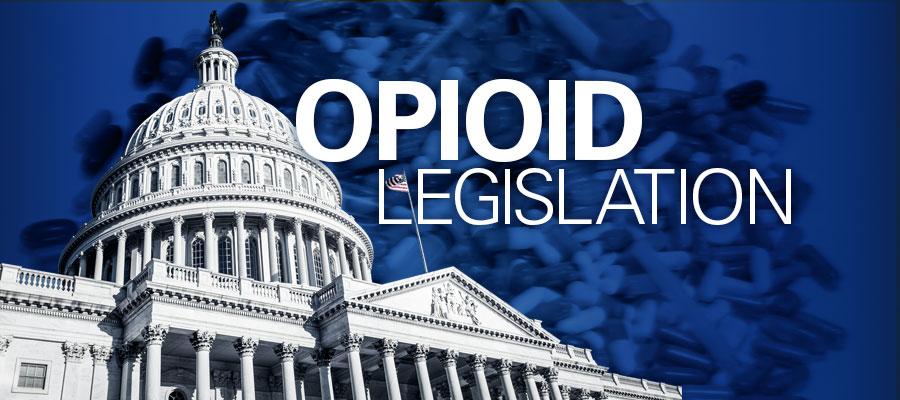House Expected to Vote on Dozens of Bills to Combat Opioid Crisis

The House of Representatives this week is expected to vote on more than 30 bills to address the opioid crisis, with more votes on additional opioid-related bills expected the week of June 18.
The AHA-supported bills on this week’s floor schedule are:
- H.R. 5176, which would require the secretary of Health and Human Services to provide coordinated care to patients who have experienced a non-fatal overdose after emergency department discharge, and for other purposes;
- H.R. 5197, which would direct HHS to conduct a demonstration program to test alternative pain management protocols to limit the use of opioids in EDs;
- H. R. 5582, which would direct the HHS secretary to conduct a study and submit a report on barriers to accessing abuse-deterrent opioid formulations for individuals enrolled in a plan under Medicare Part C or D; and
- H.R. 5685, which would provide educational resources regarding opioid use and pain management as part of the “Medicare & You” handbook.
Next week, among other bills, the House is expected to take up AHA-supported legislation that would allow better information sharing among providers with regard to substance use treatment information by aligning 42 CFR with the Health Insurance Portability and Accountability Act and allow states to receive federal matching funds for up to 30 days per year for services provided to adult Medicaid beneficiaries with an opioid use disorder in an Institution for Mental Disease.
Meanwhile, the Senate Committee on Finance June 12 plans to mark up the Helping to End Addiction and Lessen (HEAL) Substance Use Disorders Act of 2018, which would expand the Medicare, Medicaid and human services programs’ response to the opioid crisis. Finance Committee members have filed more than 50 amendments to the Chairman’s mark.
Among other provisions, the Senate bill would: require Medicare and Medicaid to provide beneficiaries better education, prevention, management and treatment options for pain and addiction; increase Medicare beneficiary awareness of non-opioid alternative treatments; increase treatment for substance use disorder; improve tracking of opioid prescriptions under Medicare Part D; expand and clarify Medicaid’s options for treating beneficiaries with substance use disorder; and improve data used to evaluate treatments for opioid use disorder.

